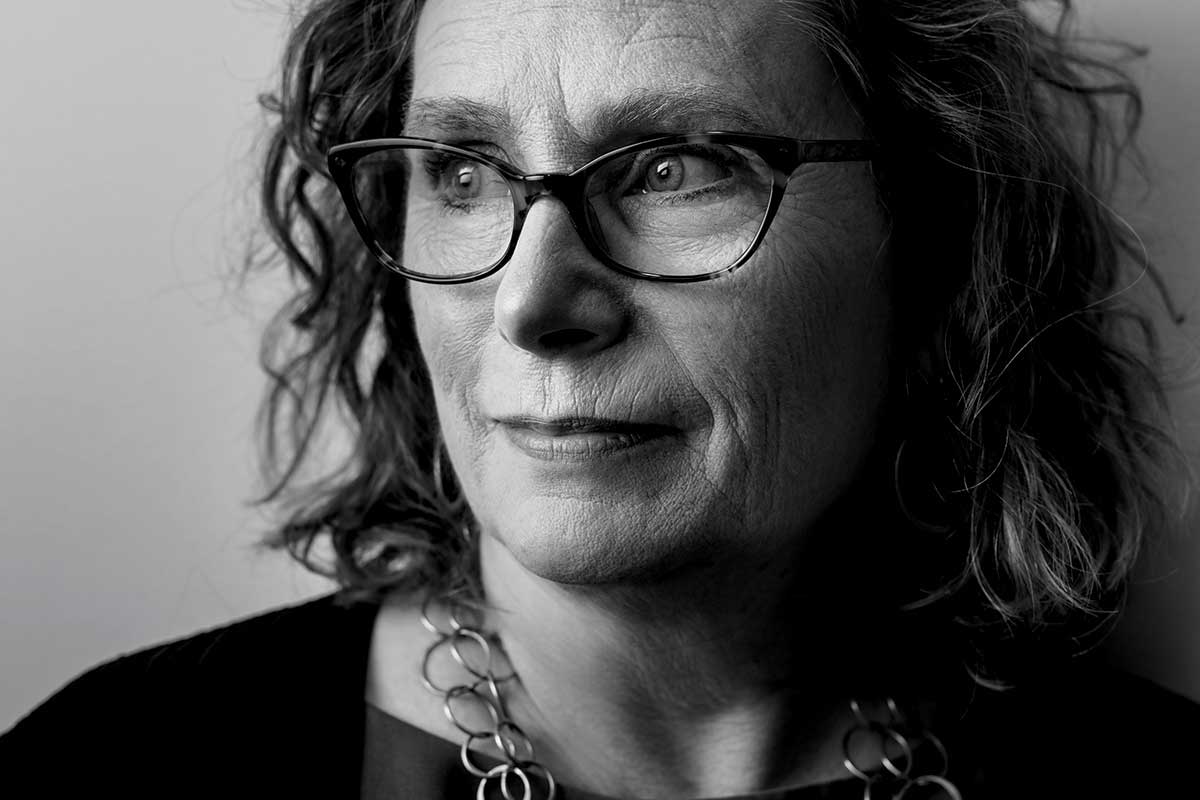Late this spring, when the news media began widely reporting that U.S. Border Patrol agents were carrying out an official policy of separating undocumented children from their parents, a public outcry erupted and activists sprang into action. At that moment, Maria Woltjen could be forgiven for thinking, What took you so long?
As the director and founder of the Chicago-based Young Center for Immigrant Children’s Rights, the Oak Park lawyer had already been working frantically for months to reunite families by helping children gain asylum or special-status visas. In fact, the crackdown at the border was really only an intensification of the challenges that her organization — which provides unaccompanied minors with lawyers, social workers, and translators — had been grappling with since its inception 14 years ago. “Back then, there were only 8,000 kids coming into the country each year,” says Woltjen, who named the center for Young Zheng, one of the first children she helped claim asylum. “That number almost doubled in 2012, and by 2014 there were 68,000.” As the influx continued, Woltjen spent hundreds of hours in detention centers drawing attention to children’s trauma to bolster their cases for asylum.
Still, she was shocked by what she began witnessing in the months after Donald Trump took office: “We had always seen separation cases when children entered the country with someone who was not their biological parent, but this was different. They were talking about separating every single child from their parents. I had never experienced anything like that.”
With the crisis squarely in the media spotlight, donations began to pour in, including $100,000 from George and Amal Clooney. Now the Young Center has 62 staff members, and they’re busier than ever. The center served 822 young clients in the past year, often accompanying the children in court, submitting so-called best-interest recommendations to judges to avert deportation, and spending time in detention centers to collect evidence of trauma or abuse by listening to kids’ stories. Woltjen and her colleagues are still fighting for many others. “These cases are really difficult emotionally,” she says. “We keep thinking things are going to get quieter. They haven’t.” Until they do, and even long after, Woltjen intends to keep doing what she’s doing.



